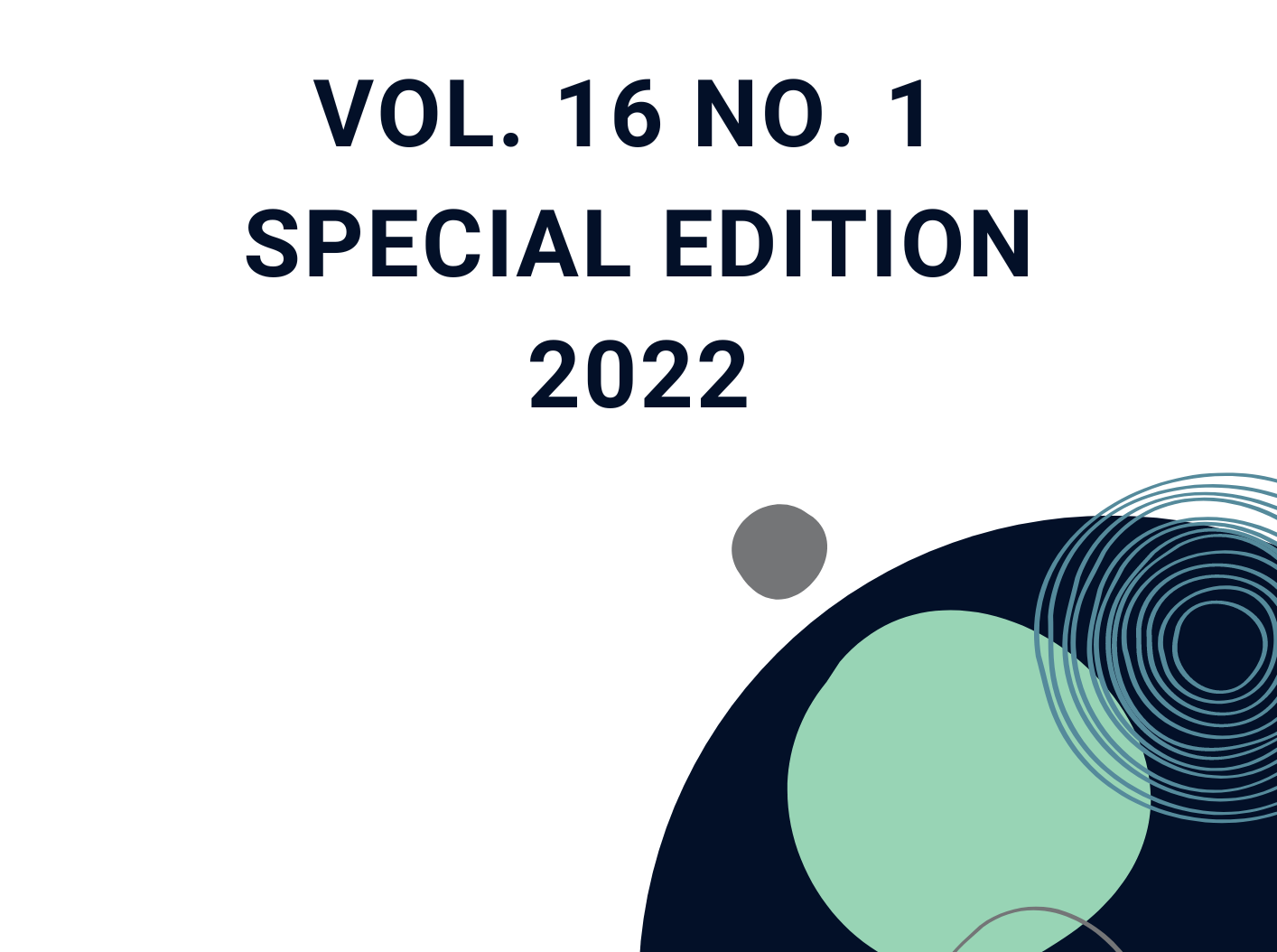VOL. 16 NO.1, SPECIAL EDITION 2022

The Romanian Journal of Society and Politics’ special issue of 2022 is centred on the Eastern and South-Eastern European (ESEE) Fanel Network’s international academic conference - “The Other Europe? Resilience and Assertiveness in our region” and we chose an article representative for each FANEL.
The first one, EU resilience building policy: the case of Georgia in the context of the Associated Trio, refers to the EU’s role and perception as a resilience promoter and whether and how Georgia’s case exemplifies resilience in the face of external “shocks”, contending that the Georgian government’s attitude and political narrative are influenced by immediate security threats and the vulnerability of state institutions (Gvantsa Davitashvili). The second article, The Western Balkans – an area of geopolitical competition, tackles the issue of the political and economic repercussions of Russia's and China's actions in relation to the process of enhancing EU strategic autonomy, taking into consideration the complementarity between the security and economic dimensions (Oana Cristea). The third one, Brain gain - return migration stimulation public policies. An innovative approach using corporate managerial tools strategies, aims to discover the migration phenomenon and motivations to return, highlight best practices from the private sector that can be implemented by the government, and develop a brain gain model to attract talent back into the country (Adina Săniuță & Magda Maria Jianu).
![]()
Editorial Letter - Prof. LILIANA POPESCU, Ph.D. Founding editor of the Romanian Journal of Society and Politics President of the ESEE Fanel Network Board
![]()
EU resilience building policy: the case of Georgia in the context of the associated trio
Gvantsa Davitashvili
ABSTRACT
Acknowledging the increased security challenges in Eastern Europe, this paper aims to unpack the role and perception of the EU as a resilience promoter; and whether and how Georgia’s case illustrates resilience while dealing with external ‘shocks’. This article argues that the demeanour and political narrative of the Georgian government is influenced by immediate security threats and the vulnerability of state institutions. At the same time, it finds that societal resilience is a positive source of transformation in the country. The article employs discourse and content analysis to identify whether Georgia’s official position has been in line with the quickly changing European integration dynamic.
Keywords:
#EuropeanUnion #Resiliencepolicy #Ukraine #Georgia #AssociatedTrio
![]()
The Western Balkans – an area of geopolitical competition
Oana Cristea
ABSTRACT
The Covid-19 pandemic highlighted the strong interdependencies and vulnerability of the EU, especially when in competition with other external actors. On the other hand, the slow pace of reforms and the increasingly uncertain domestic context, coupled with the growing influence of external actors and the EU’s own internal difficulties and divergent positions of the Member States have complicated the enlargement environment.
However, starting with the “geopolitical Commission” led by President Ursula von der Leyen and in light of so many challenges, the Western Balkans are in the spotlight again, for both the EU and other external actors, such as Russia and China.
The paper focuses on the political and economic implications of the actions of two external actors (Russia and China) in correlation with the process of strengthening EU strategic autonomy, taking into account the complementarity between the security and the economic dimensions, as well as the impact of the war in Ukraine and its spill over effect in the Western Balkans that need to be approached separately, considering the vast implications and potential disruptive effect on the security and stability of the region.
On the EU side, starting with the revised enlargement methodology (2020), aimed at boosting the enlargement process more predictably and dynamically, a credible EU perspective for the Western Balkans has been re-established, even more so, that the revised methodology was followed by a series of processes aimed at promoting investment and socio-economic integration for the region, Economic and Investment Plan for the Western Balkans alongside with its Green and Digital Agenda being among them.
Keywords:
#Geopolitics #WesternBalkans #EU #China #EU #Russia![]()
Brain gain - return migration stimulation public policies. An innovative approach using corporate managerial tools strategies
Adina Săniuță, Magda Maria Jianu
ABSTRACT
The Covid-19 pandemic highlighted the strong interdependencies and vulnerability of the EU, especially when in competition with other external actors. On the other hand, the slow pace of reforms and the increasingly uncertain domestic context, coupled with the growing influence of external actors and the EU’s own internal difficulties and divergent positions of the Member States have complicated the enlargement environment.
Economies with an unstable political environment have difficulties retaining talents within the country. Romania, for example, has been experiencing an acceleration of the migration phenomenon for the past 30 years. While the Romanian economy is rapidly growing, according to all stats, talent migration is still an actual phenomenon. One of the reasons for the brain exodus, especially in the highly qualified labour segment, is the faulty management of public services: education, healthcare, and infrastructure is lagging behind Western Europe.
The article aims to highlight best practices from the private sector that can be implemented by the government and to develop a brain gain model to attract talent back into the country.
Keywords:
#Braingain #Returnmigration #Publicpolicies #Innovation #Managerialtools